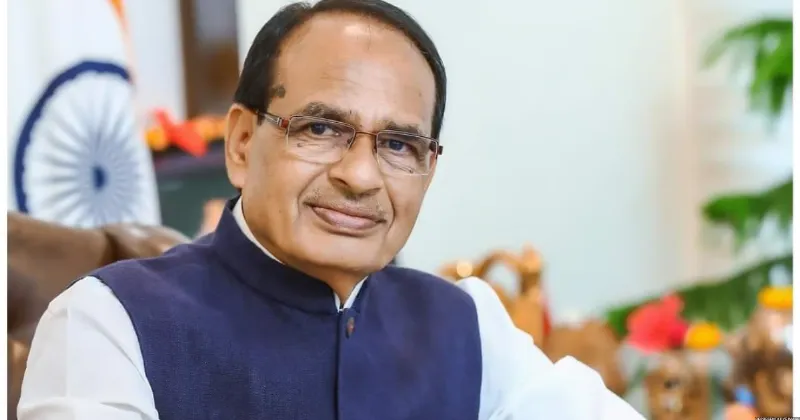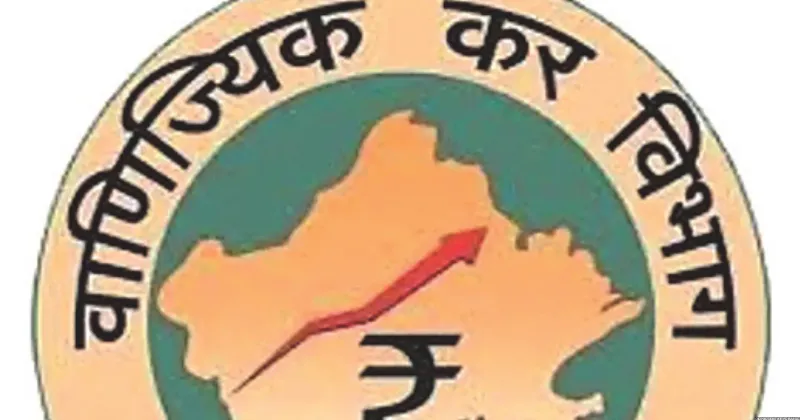New Delhi: India can aspire to become a USD 7 trillion economy in the next six to seven years, the Ministry of Finance said in its monthly review report.
At present, the Indian economy is estimated to be about USD 3.7 trillion.
"This will be a significant milestone in the journey to delivering a quality of life and standard of living that match and exceed the aspirations of the Indian people," it said.
Firm GDP growth forecasts, inflation at manageable levels, political stability and signals that the central bank has tightened its monetary policy have all contributed to painting a bright picture for the Indian economy.
In the next three years, India is expected to become the third-largest economy in the world with a GDP of USD 5 trillion, it asserted.
The Indian economy is projected to grow closer to 7 per cent in the financial year 2024-25 that starts this April, the report said.
The strength of the domestic demand has driven the economy to a 7 per cent plus growth rate in the last three years.
India's economy grew 7.2 per cent in 2022-23 and 8.7 per cent in 2021-22. The Indian economy is expected to grow 7.3 per cent in the current financial year 2023-24, remaining the fastest-growing major economy.
The robustness seen in domestic demand, -- private consumption and investment -- traces its origin to the reforms and measures implemented by the government over the last ten years, said the report.
"The supply side has also been strengthened with investment in infrastructure - physical and digital - and measures that aim to boost manufacturing. These have combined to provide an impetus to economic activity in the country," the review report noted.
"Accordingly, in FY25, real GDP growth will likely be closer to 7 per cent."
There is, however, considerable scope for the growth rate to rise well above 7 per cent by 2030, the report added.
"The rapidly expanding digital infrastructure is continuously improving institutional efficiency. Technological progress is picking up pace with rising collaboration with foreign partners in the production of goods and services. Decisive steps have been taken to speed up human capital formation. Finally, the overall investment climate is increasingly becoming more favourable with sustained enhancement in the ease of doing business."
















